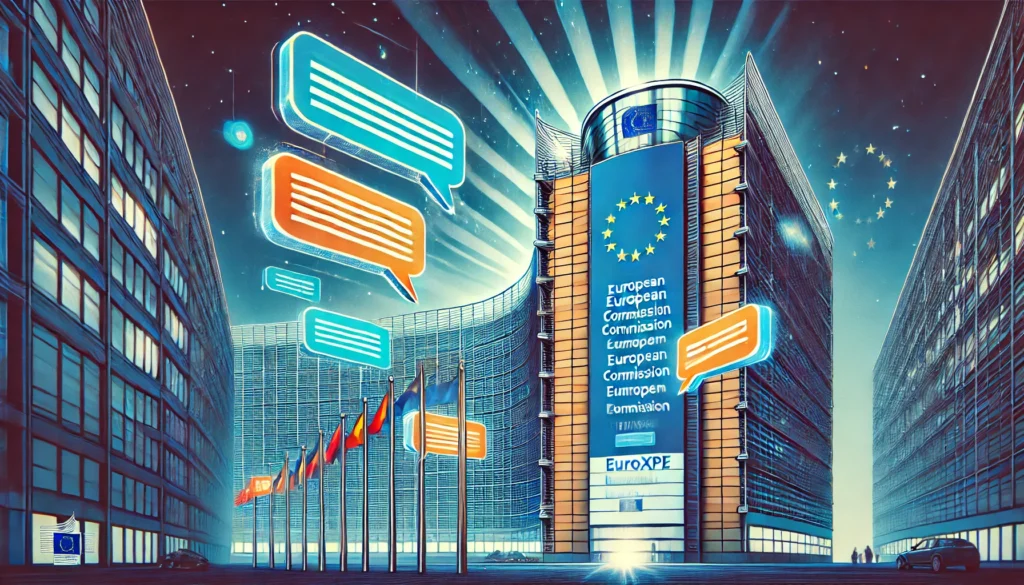The European Commission recently imposed a significant fine of €15.9 million ($17.05 million) on the American company International Flavors & Fragrances (IFF) and its French affiliate. The fine stemmed from allegations of obstructing an antitrust investigation into a purported cartel within the fragrance industry. According to the Commission, during an inspection in March 2023, a senior IFF employee deliberately deleted WhatsApp messages exchanged with a competitor. This act of erasure has not only brought to light concerns of corruption but also sparked discussions about potential hypocrisy at the highest levels of the European Commission.
At the centre of this controversy is none other than Ursula von der Leyen, the President of the European Commission. In February 2023, von der Leyen found herself embroiled in a similar scandal when the New York Times initiated legal action against her. The lawsuit was over controversial private text messages she had exchanged with Albert Bourla, the CEO of pharmaceutical giant Pfizer. These messages were reportedly part of negotiations to secure a €35-billion vaccine deal for the European Union.
The situation took a curious turn when Věra Jourová, the EU’s Values and Transparency Commissioner, addressed the matter. Jourová suggested that the text messages might have been deleted due to their “short-lived, ephemeral nature.” This explanation did little to quell the rising tide of scepticism. Critics pointed out the irony and potential double standards in the Commission’s handling of corporate misconduct versus its own internal practices.
Thomas Fazi, writing for UnHerd, aptly highlighted the irony of the situation. The Commission’s vigorous pursuit of IFF for deleting WhatsApp messages starkly contrasts with the relatively dismissive response to von der Leyen’s lost texts. The Commission’s stance raises questions about the consistency and integrity of its enforcement of transparency and accountability.
The deleted messages between von der Leyen and Bourla have added fuel to the fire of public scrutiny. The vaccine deal they discussed was a monumental one, involving billions of euros and impacting millions of lives across Europe. The lack of transparency surrounding such significant negotiations has inevitably led to suspicions and accusations of misconduct. The controversy underscores the need for robust mechanisms to ensure accountability, especially when public health and immense financial resources are at stake.
In the broader context, this scandal is not just about missing messages. It reflects deeper issues within the EU’s governance structures. The apparent discrepancy between the treatment of corporate entities like IFF and high-ranking officials like von der Leyen undermines public trust. The European Commission, which is supposed to uphold the highest standards of ethical conduct, finds its credibility questioned when such disparities emerge.
Moreover, the Commission’s handling of these issues has broader implications for its regulatory framework. Ensuring that digital communications, especially those involving significant policy decisions, are properly archived and accessible for oversight is crucial. This case highlights the urgent need for clearer guidelines and stricter enforcement to prevent any potential misuse or destruction of important communications.
In conclusion, the Ursula von der Leyen-Pfizer text message scandal casts a long shadow over the European Commission’s efforts to combat corporate corruption and enforce transparency. As the Commission continues to scrutinize companies like IFF for their actions, it must also address the allegations and concerns regarding its own practices. Only by doing so can it restore faith in its commitment to fairness, transparency, and integrity.

